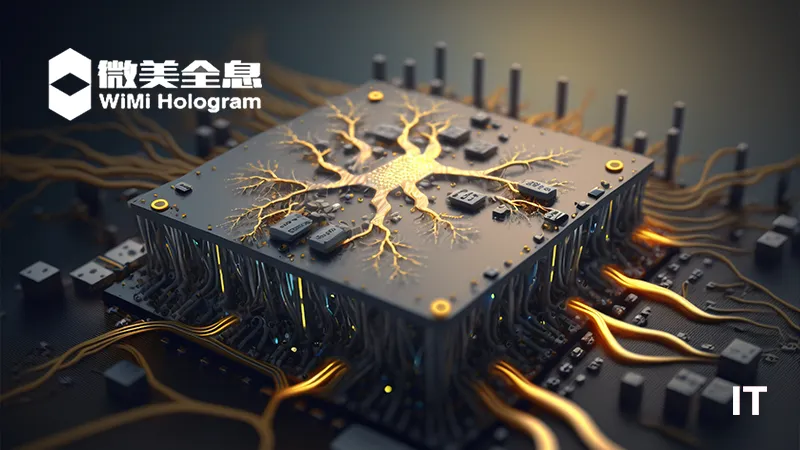WiMi Hologram Cloud Inc, a leading global Hologram Augmented Reality (“AR”) Technology provider, announced that their R&D team has developed a revolutionary technology — FPGA-based digital quantum computer verification technology. This technology offers a completely new approach to quantum computing by using digital quantum bits, or discrete finite state machines. Not only does this mark a new milestone in the field of quantum computing, but it also lays a solid foundation for the future realization and application of quantum computers.
Digital quantum bits differ from traditional simulated quantum bits in that they use digital signal processing (DSP) technology to simulate quantum states. This approach allows for more precise control of quantum bits, enabling the digital signal processing technology to fine-tune their states, thus enhancing the stability and controllability of the system. Digital quantum bits are realized through precise wave function amplitudes, with each quantum bit representing a specific quantum state, providing a solid foundation for the implementation of quantum gates.
FPGA, as the platform for implementing the digital quantum coprocessor, offers a highly customizable and flexible environment. The programmable nature of FPGA allows us to design and optimize hardware circuits for specific quantum computing tasks. In WiMi’s FPGA-based digital quantum computer verification technology, FPGA is used to realize the digital quantum coprocessor, making the hardware implementation of quantum computing more efficient and customizable. The digital quantum coprocessor consists of 32 quantum bits, which are interconnected via digital quantum gates on the FPGA, forming a unique chain of digital quantum gates.
Also Read: Quobly Partners with STMicroelectronics for Quantum Processor Manufacturing
Quantum gates are the fundamental operational units in quantum computing. They perform computations by altering the state of quantum bits. In this technology, digital quantum gates are implemented through logic circuits on the FPGA, which can precisely control the state changes of quantum bits. Each quantum gate is designed to control the state changes of quantum bits with precision, thereby executing the required quantum operations. This approach not only improves the execution speed of quantum gates but also ensures the accuracy and reliability of the operations.
Quantum Fourier Transform (QFT) is an essential component and a key step in quantum algorithms. In WiMi’s FPGA-based digital quantum computer verification technology, the implementation of QFT is achieved through a quantum gate chain on the FPGA. With carefully designed algorithms and circuits, the QFT for 32 quantum bits can be completed in a very short time, with execution time proportional to the time required for electronic spin changes, approximately around 10 nanoseconds. This achievement not only demonstrates the speed advantages of this technology but also provides strong support for the implementation of quantum algorithms.
SOURCE: PRNewswire


































